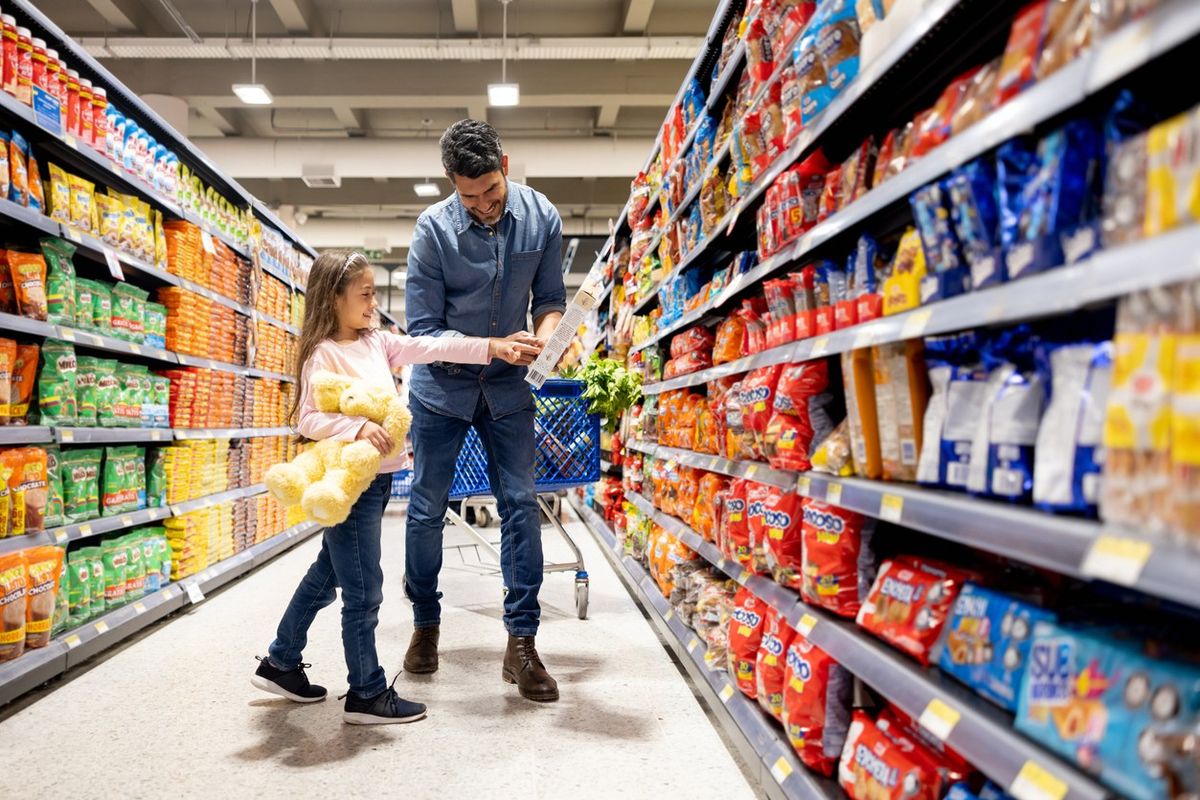UK retail sales volumes rose by 1.2 per cent in April, significantly beating expectations of just 0.2 per cent growth, as sunny weather encouraged consumers to splash out on food and household goods, according to the latest figures from the Office for National Statistics.
The April performance marked a substantial improvement on March's modest 0.1 per cent rise, with food store sales leading the charge with a bumper 3.9 per cent increase as families prepared for Easter gatherings and outdoor dining.
However, the picture was mixed across different sectors. Non-food store sales volumes fell by 0.7 per cent, whilst clothing sales dropped 1.8 per cent following strong growth the previous month.
Jacqui Baker, head of retail at RSM UK and chair of ICAEW's Retail Group, said the figures showed retailers maintaining momentum despite significant challenges.
"Retail sales continued its positive streak in April, as the sunny weather provided a jump in consumer spending with food having a bumper month as everyone dusted off their BBQs," Baker commented. "The high street also saw a boost in April as consumers splashed out on household goods and tech. It's particularly encouraging to see retailers maintain momentum despite the various headwinds that hit the sector last month."
The strong sales came despite retailers continuing to offer substantial discounts to shift stock, with clothing and footwear inflation falling 1.1 per cent month-on-month in April, though this followed significant price increases in March.
"However, that followed a big price hike in March, as retailers tried to offset the impact of increasing employment costs. But there's only so much retailers can pass on before spooking consumer confidence, which is already shaky, although we did see an uptick in April," Baker explained.
Thomas Pugh, economist at RSM UK, suggested the figures indicated resilience among UK consumers despite broader economic uncertainties.
"UK consumers appear to have shrugged off the start of the tariff war in April with retail sales volumes excluding fuel rising by a strong 1.3 per cent m/m," Pugh said. "Indeed, a sunny and warm April sent food sales up by 3.9 per cent. This suggests that forecasts of growth slipping into negative territory in April may be overdone."
Consumer confidence has shown signs of recovery, rebounding to -20 in May, though this remains well below last August's recent peak of -13 when Donald Trump rolled back some tariffs.
"The upshot is that April was almost certainly the nadir and even last month may not be quite as bad as it felt at the time," Pugh added. "Looking ahead, consumer spending growth will face the headwinds of rising inflation, slowing wage growth and unemployment creeping up. However, we still expect real incomes to rise and with the savings rate extremely high and interest rates falling, there is plenty of room for consumers to save a little less, as long as confidence continues to improve."
Silvia Rindone, EY UK&I Retail Lead, highlighted how April's performance helped offset earlier difficulties.
"April provided a much-needed boost for retailers, as favourable weather conditions and the Easter holidays contributed to notable sales growth," Rindone said. "Food store sales volumes saw a significant increase, rising by 3.9 per cent in April, rebounding from contractions in February and March, as consumers bought food for family gatherings during the Easter holiday."
However, retailers face mounting operational challenges beyond traditional market pressures. Baker pointed to cyber security as an emerging threat alongside existing concerns about employment costs and trade uncertainty.
"On top of tariff uncertainty and the jump in staff costs, recent headlines have been dominated by cyber attacks in the retail industry, highlighting yet another risk and cost for retailers to navigate," she said. "These incidents demonstrate just how crucial it is for retailers to remain agile and invest in cyber resilience, as the financial and reputational consequences can be devastating."
US trade tariffs are adding another layer of complexity for retailers already grappling with rising wage costs and national insurance contributions that took effect in April.
"Businesses will need to continually assess and adapt to the impact of tariffs on global supply chains and ensure they have contingency plans to address growing production costs, pricing changes and shifting market competitiveness," Rindone warned.


